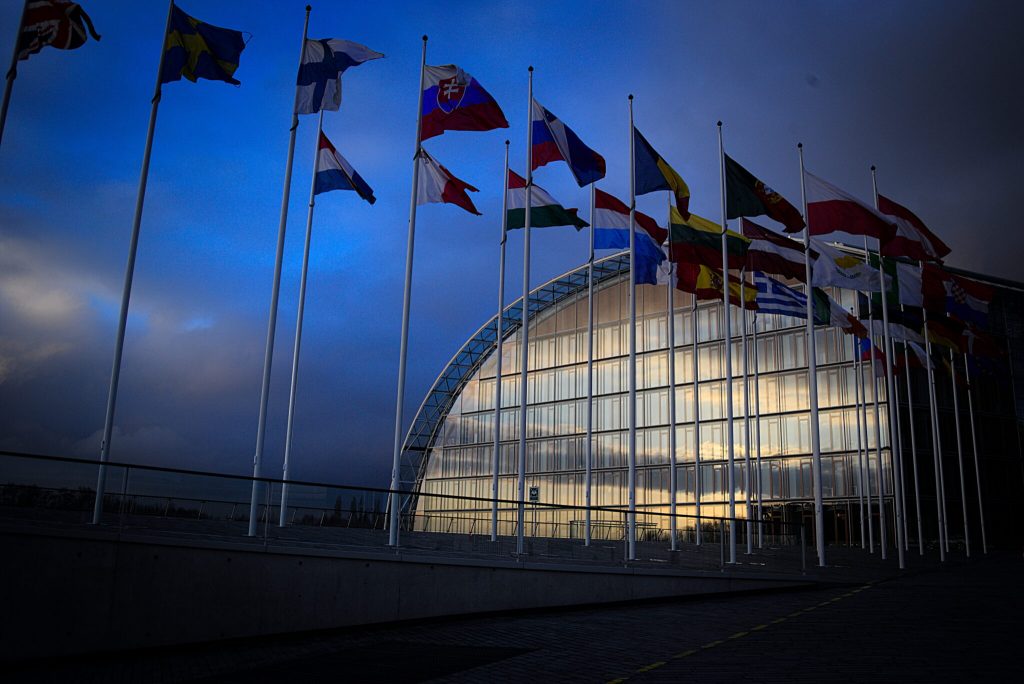
The European Investment Bank (EIB) aims to advance the take-up of sustainable transport solutions by mobilising private investment and ensuring a balanced regional development at the same time.
In addition to their financing, EIB provides technical assistance and advisory support. An overview of sustainable transport projects and activities of EIB is provided here.
Moreover, as part of their Climate Bank Roadmap 2021-2025 , the EIB Group will revise its Transport Lending Policy in order to review more formally its approach towards supporting a sustainable transition of the transport sector and set priorities right.
In this article, more detailed information is given on two relevant financing windows for sustainable transport: The Cleaner Transport Facility and the City Climate Finance Gap Fund.
The EIB furthermore promotes the deployment of alternative fuels and cleaner technologies for more sustainable transport through the Cleaner Transport Facility (CTF), which was launched in December 2016 by the EIB and European Commission (EC). The CTF aims at assisting investments from both public and private actors in low-carbon transport projects through existing EIB financial products and new financing instruments.
Learn more about the Cleaner Transport Facility in giving an overview of opportunities for financing as well as the next steps for the facility and case studies of supported projects.
Projects implementing cleaner buses and private vehicles operating on alternative fuels electricity, hydrogen, biofuels, natural gas) with lower greenhouse gas emissions or enhanced environmental performance compared to conventional internal combustion engines
One exemplary project financed is Las Palmas MetroGuagua
Directly email cleaner@eib.org.
Find more information on the general project cycle here: Project cycle (eib.org)
The City Climate Finance Gap Fund was implemented by World Bank and the European Investment Bank (EIB) in cooperation with GIZ on 23 September 2020. It is a new partnership supporting green inclusive, resilient, creative and competitive cities in developing and emerging economies.
The Gap Fund provides grant funding and free technical assistance to cities for early-stage planning and project preparation (e.g. defining the project concept, enhancing project bankability and identifying potential sources of finance). It aims to facilitate the preparation of investments, improve quality and ensure the bankability of projects.
Projects with a focus on
Find more information on eligibility criteria here.
All cities, municipal authorities or local governments in low and middle-income countries on ODA – OECD DAC list can directly apply for support.
Grant funding
Please consider that the Gap Fund does not directly provide financing for the underlying investment at the implementation phase of the project.
The following two articles include information about which cities have successfully received technical assistance grants:
 European Investment Bank. Photo by Gwenael Piaser on flickr.
European Investment Bank. Photo by Gwenael Piaser on flickr.